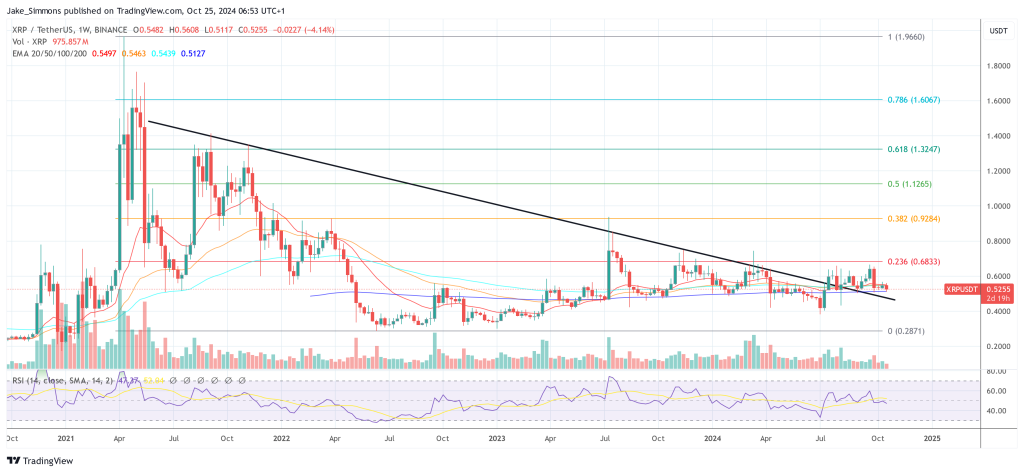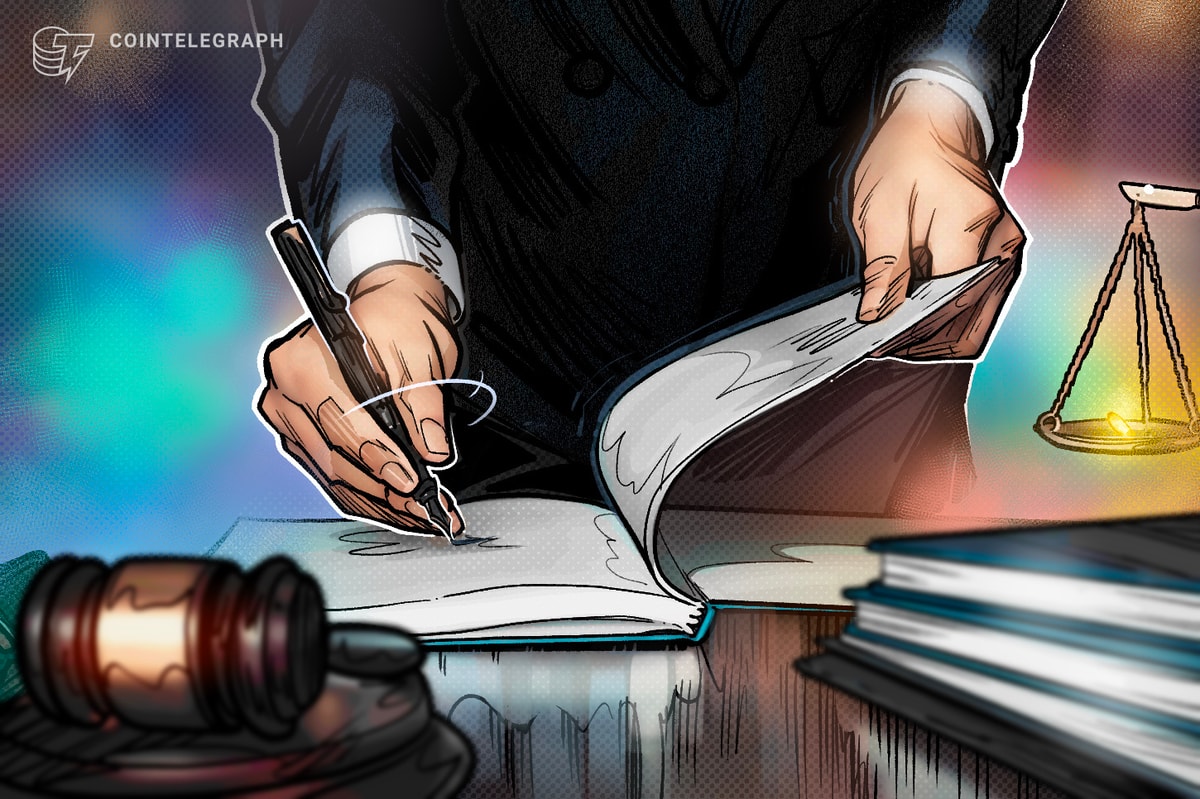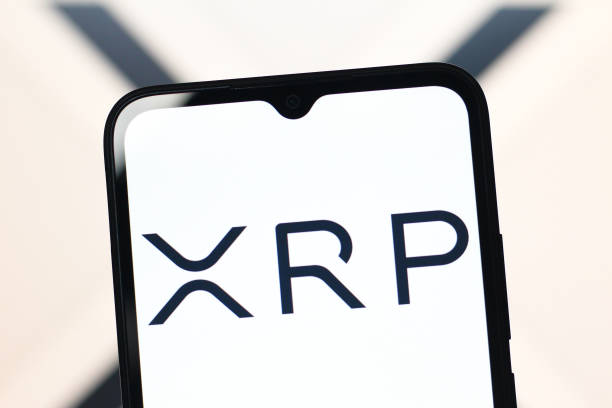On Thursday, October 24, Ripple Labs filed the Civil Appeal Pre-Argument Statement, known as Form C, in its case with the US Securities and Exchange Commission (SEC). This document outlines the critical issues the company intends to present on appeal, each subject to a de novo standard of review, meaning the appellate court will re-examine the issues without deferring to the lower court’s conclusions.
Ripple’s Four Key Issues On Appeal
The appeal focuses on four main arguments. First, the company challenges the definition of an “investment contract” under Section 5 of the Securities Act of 1933. Ripple contends that an investment contract “must have the essential ingredients of (a) a contract, (b) that imposes post-sale obligations on the seller, and (c) that gives the buyer a right to demand and receive profits from the seller’s activities.”
Second, Ripple disputes the district court’s application of the Howey Test, derived from the 1946 Supreme Court case SEC v. W.J. Howey Co. The company argues that the court erred in concluding that some of its XRP transfers met the criteria for an investment contract. Specifically, the company challenges whether there was an investment of money, a common enterprise, and a reasonable expectation of profits solely from its efforts.
Third, the appeal resurrects the “fair notice” defense. The company asserts that it lacked adequate notice that its conduct violated Section 5, citing evidence of widespread uncertainty about the application of federal securities laws to virtual currencies and other digital assets. Ripple points to the SEC’s inconsistent and deliberately vague statements as contributing to this confusion.
Finally, Ripple challenges the specificity of the injunction issued against it. The company contends that the injunction fails to meet the clarity requirements of Rule 65 of the Federal Rules of Civil Procedure, as it merely directs the company to “obey the law” without providing detailed guidance. Ripple argues that such an injunction is overly broad and leaves too much room for interpretation, potentially hindering its business operations.
Pro-XRP attorney Jeremy Hogan commented on the appeal via X, noting that Ripple’s challenge to the definition of an investment contract could have far-reaching implications for the crypto industry. “Ripple is bringing this issue to the appeals court mainly for the benefit of the crypto space in general,” he stated. Hogan added that while winning on this issue might not absolve Ripple of the $105 million judgment against it, it could “cripple the SEC enforcement regime” by requiring that an investment contract must be a legal contract.
Hogan also highlighted the reintroduction of the fair notice defense and the company’s challenge to the injunction’s specificity. He remarked, “Most interesting to me, Ripple appeals whether the injunction is specific enough when it basically says, ‘follow the law.’ This seems quite common in securities laws cases but really makes no sense as an injunction. It also indicates that Ripple would rather not have that injunction hanging over its business.”
Ripple’s Chief Legal Officer, Stuart Alderoty, provided further insight into the company’s position via X. He emphasized that the case is not about whether XRP itself is a security. “XRP is uniquely situated as having clarity (alongside BTC) in not being classified as a security,” Alderoty stated. “The SEC is not challenging that ruling, which stands as the law of the land.”
He reassured stakeholders that the appellate court would review the existing record without the SEC introducing new evidence or demanding additional documents. “As we go through this process, please remember the SEC’s broader strategy: try to create distraction and confusion for Ripple and the industry,” he added. “But honestly, it’s just background noise now. The hard part of the fight is behind us. Ripple’s business is growing and getting stronger every day even as this appeal process plays out.”
In a parallel development, the SEC has requested that the deadline for filing its principal brief be set for January 15, 2025. Additionally, pro-XRP attorney John E. Deaton filed for an appearance as amicus counsel in the Second Circuit rendition. He told FOX Business journalist Eleanor Terrett, “Senate race or not, I don’t walk away from what I started.”
At press time, XRP traded at $0.5255.












